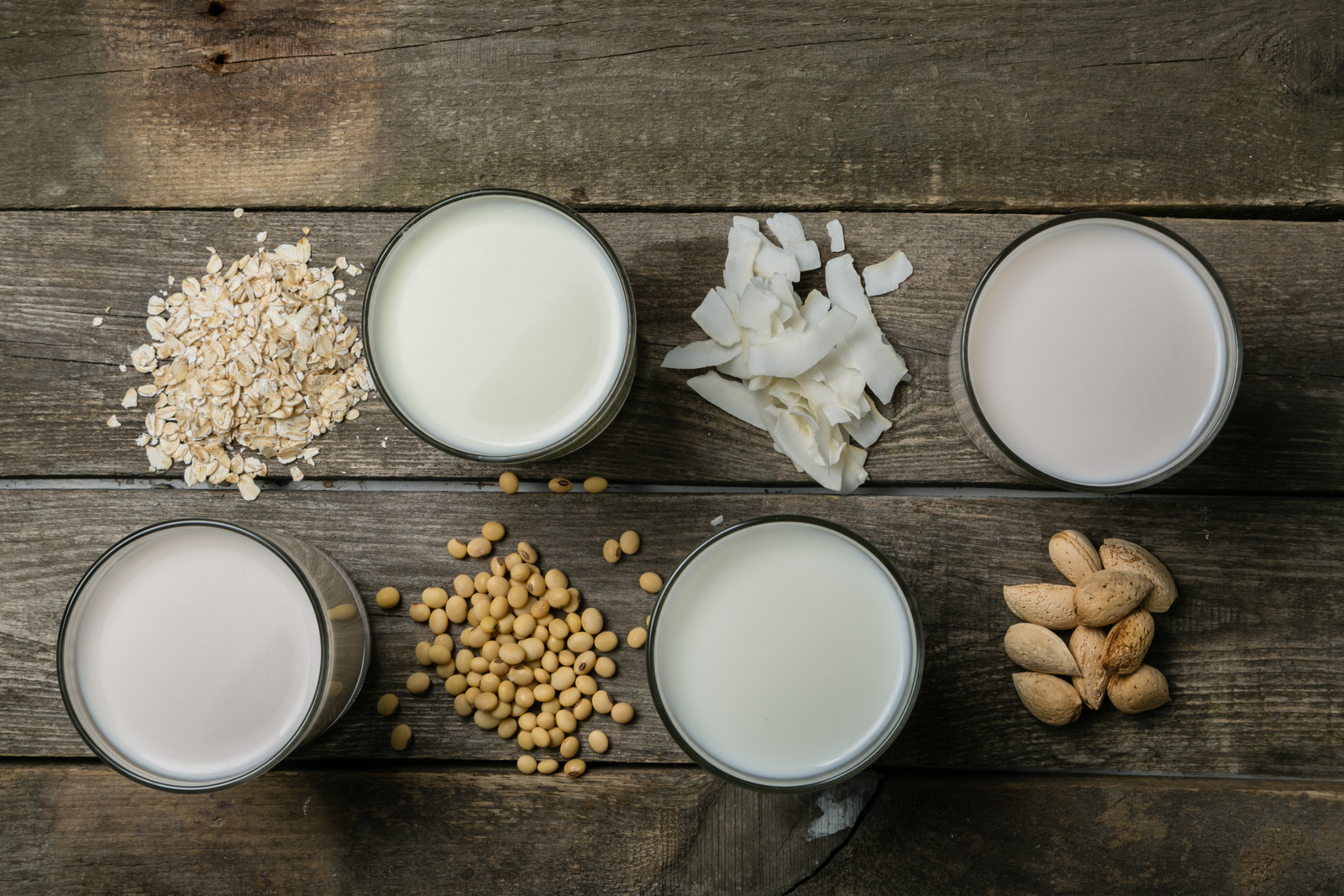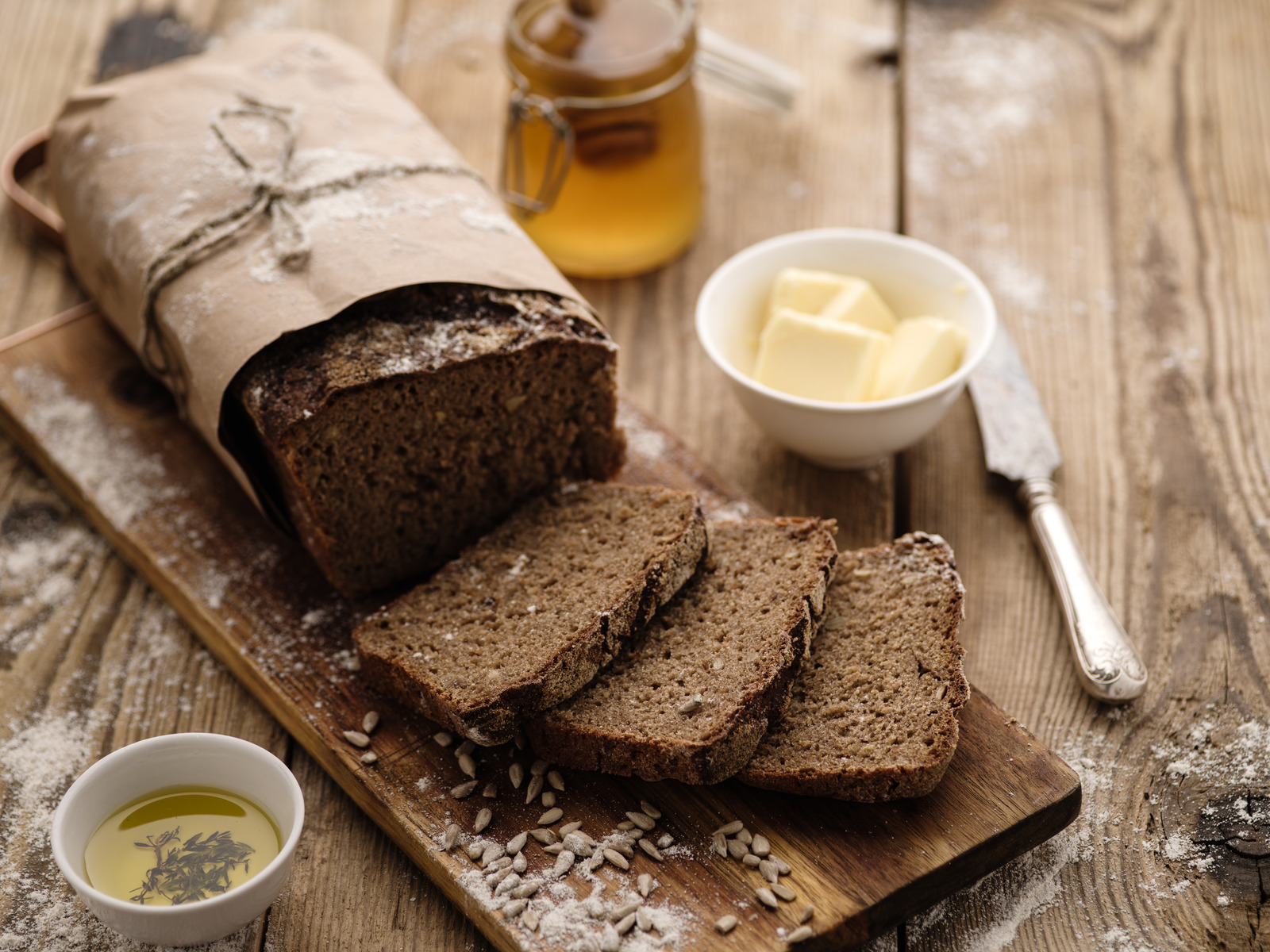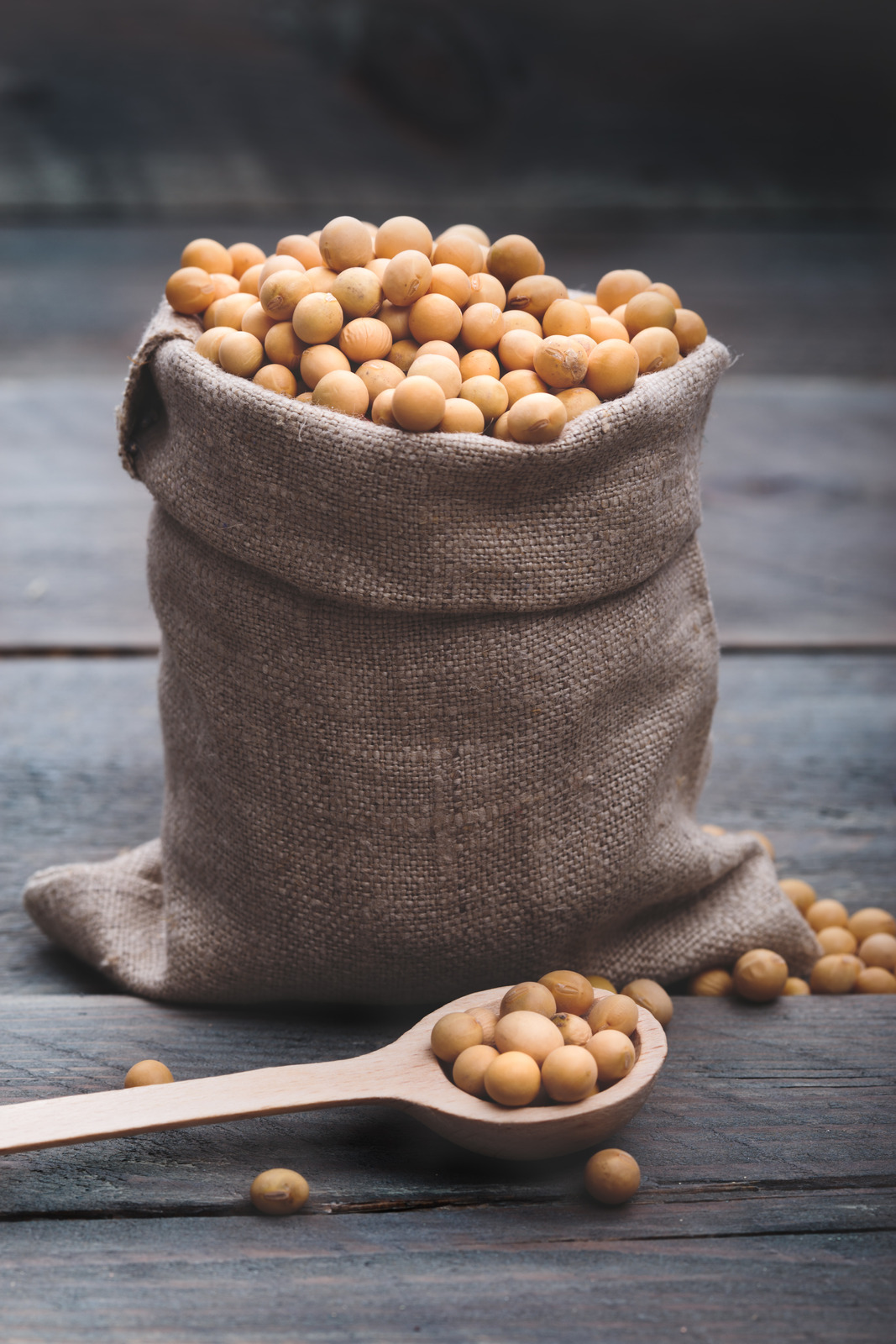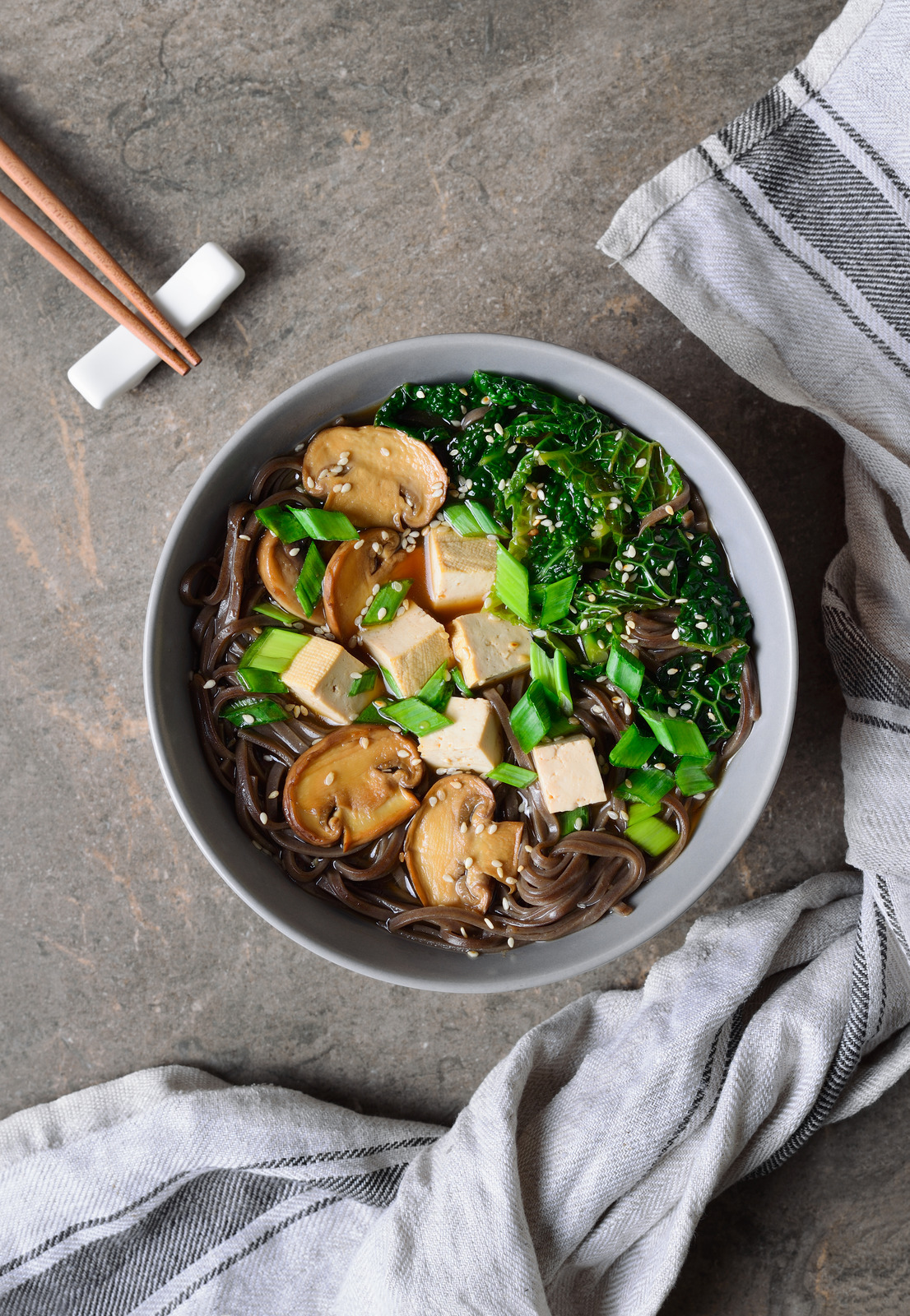What alternatives are there to HRT?

According to the NHS
Bioidentical hormones are hormone preparations made from plant sources that are promoted as being similar or identical to human hormones.

Practitioners claim that these hormones are a “natural”, safer and alternative to standard HRT medicines.

So what are bioidentical hormones made from…
Bioidentical hormones are actually derived from phytoestrogens, which are estrogens that occur in certain plants.
Foods which contain phytoestrogens are, soy, rye, whole grains, lentils, peas, flaxseed, and seeds.

But do bioidentical hormones work?
Because phytoestrogens structure is very similar to oestrogen within the body, it imitates that oestrogen. So the bodies oestrogen receptors treat phytoestrogens as oestrogen when they are taken into the body. However their effect may be weaker as they do not bind oestrogen receptors, as well as the body, does.
Phytoestrogens offer a natural alternative to HRT, however, they are not regulated by NICE guidelines. And as with any form of hormone replacement, whether that be through natural channels such as bioidentical or HRT the balance needs to be right.
And as with any form of Hormone Replacement, there is always the potential of risk involved.

It may, however, be worth noting that according to many reports Japanese Women appear to suffer less when it comes to menopause symptoms.
In fact, Japanese women are regarded as some of the wealthiest women in the world. With an average lifespan of over 5 years longer than their western counterparts.
This in itself sure gives you food for thought, so to speak.
How then do their diets and lifestyles look in comparison to ours?
Well, their diets consist of oily fish, fruit, vegetables, and soy-derived phytoestrogens.
They also incorporate plenty of exercise into their daily routines.
So what if we were to adjust our diets to replicate the Japanse way of life. Would it make a difference?
“I really don’t know”. However, there was a study carried out in Australia during 2003 which took 120 women between the ages of 50 and 65 adjusted their lifestyles accordingly, and also encouraged them to increase their phytoestrogen intake by 40mg a day by increasing their soy intake and also increase their calcium by 1500mg per day.
And guess what the outcome was after the 12 week period? They saw a significant amount of weight loss, and symptoms had reduced dramatically. So much so that women were encouraged to discuss coming off HRT with their GP’s.
But like any change in lifestyle, it takes commitment and consistency. And of course, the only guarantee is that we may all lose some weight, have lower blood pressure and feel less stressed. So surely it’s worth it just for that.

So my final word, is that after doing this research I will definitely be looking into this diet, and maybe increasing my soy intake slowly!
If you would like some further information regarding all of the information detailed above, or to discuss this further please find all of the links.
Related Articles
Navigating Mirena Coils
h, the Mirena coil—a tiny T-shaped superhero in the realm of contraception and hormone management. But what happens when it's time for this little warrior to retire, especially during the tumultuous seas of perimenopause and beyond? Let's delve into the benefits of...
Navigating Estrogen Dominance During Menopause
Navigating Estrogen Dominance During Perimenopause: Symptoms, Questions, and Solutions Are you sailing through the choppy waters of perimenopause and feeling like your hormones are playing a game of tug-of-war? You might be experiencing what's known as estrogen...
Menopause and Massage
If you are anything like me, I am sure you relate it to a sports injury or a day at the spa when you think about massage. But what if I told you that it could also benefit women during peri-menopause, menopause and post-menopause? So why is this, and should we be...

0 Comments